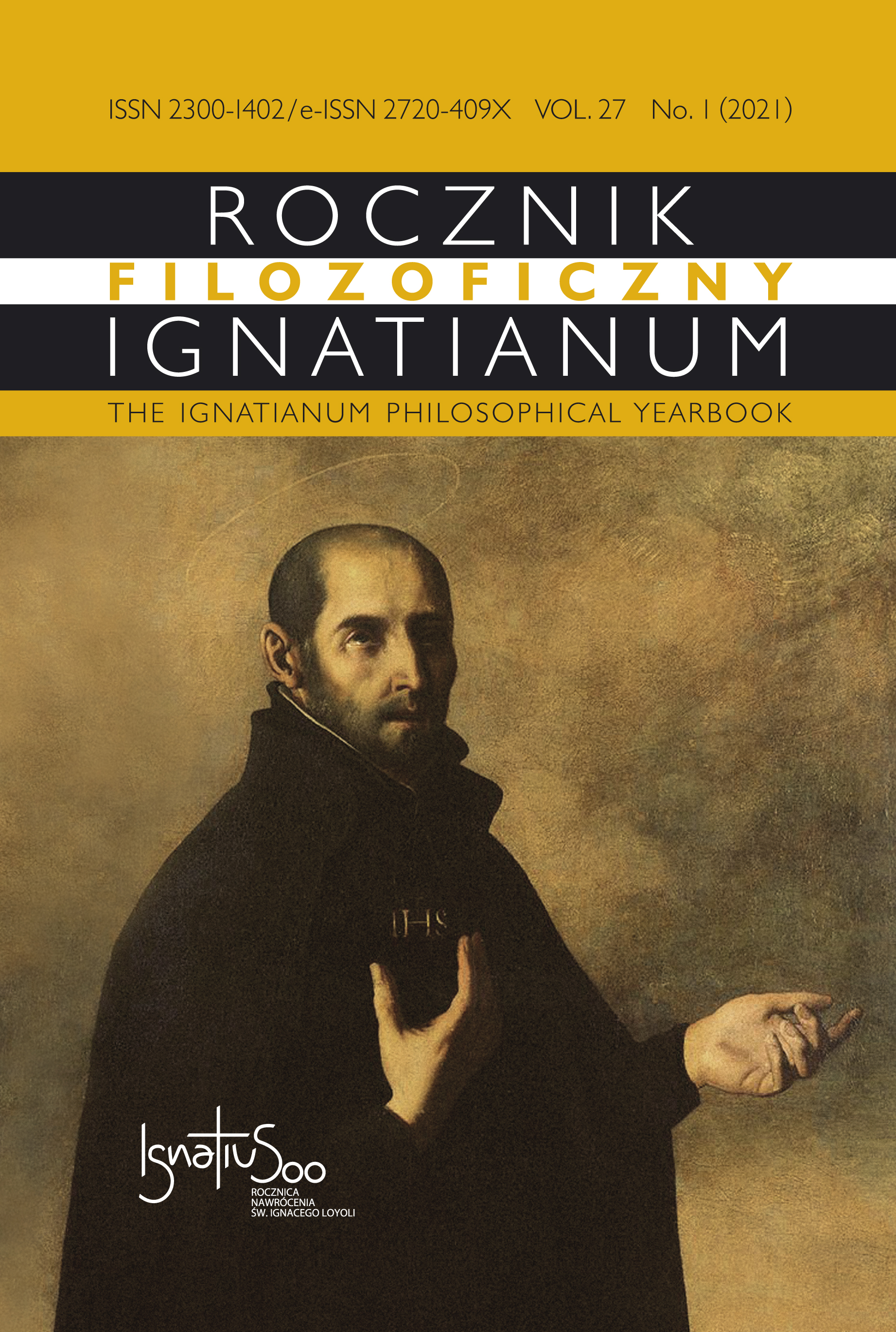Mission in Mission – Jesuits in Public Broadcasting
Abstract
Public service media responsible for protecting the public interest are the custodian of the common good. In European radio broadcasting, this belief has its historical roots, which is expressed in the words describing the mission of the media – „to inform, teach, entertain”. They inspired not only the creators of the BBC, but were also present in the first decade of the existence of public radio in the reborn Poland. However, the Second World War and several decades of communism effectively impeded the growth of public media in our country, which in Europe began in the first decades of the last century. Only during the period of political transformation, at the turn of the 1980s, the partitioning of media in Poland (public and private) is taking shape and the issue of their mission is reintroduced. This article discusses the implementation of the mission of the public broadcaster in the aspect of religious programs in public broadcasting. They were led primarily by Jesuit priests, who started catholic programming, both radio and television in 1989. Father Andrzej Koprowski SJ was the head of the newly established Catholic section in Polish Television (1989–1997). The first head of the Catholic radio section was Krzysztof Ołdakowski SJ2. Religious programming in public broadcasting are an implementation of democratic standards, thus the mission of public broadcasters. Their aim is to present the life of religious groups, reflecting the religious beliefs of the country, in Poland it is predominantly the Catholic Church, with its festivals and daily operations. Authors of confessional programs participate in the implementation of special missionary duties, which are referred to in the Broadcasting Act in Article 21.
Copyright (c) 2021 Jesuit University Ignatianum in Krakow

This work is licensed under a Creative Commons Attribution-NoDerivatives 4.0 International License.
The Yearbook only accepts materials for publication that are free of all conflicts of interest, and that in no way involve conflicts over authorship, copyright, etc. The Editors will take action against any cases of plagiarizing, ghostwriting1, guest/honorary authorship2, etc. Where co-authored work is concerned, the Author listed first is expected to take responsibility for the submission, and is required to make clear the contributions of all of the Co-Authors involved. In the event of the publication owing its existence to funding dedicated to this purpose, this fact should be made clear: e.g. in any note of thanks/acknowledgement, or in a footnote, etc. Explicit notification should be given of any form of reprinting, with the appropriate evidence of permission to publish being furnished as required. Any impropriety on the part of Authors/Reviewers risks exposing them to appropriate responses from the relevant institutions.
______
1 This term refers to instances of a person who has made an essential contribution being omitted from the list of authors, or from notes conveying gratitude and/or acknowledgement.
2 This occurs when a person who has made either an insignificant contribution or no contribution at all nevertheless appears on the list of authors.





